Many pet owners wonder if it is safe to feed their dogs provolone cheese, and in this comprehensive guide, we will explore the topic in detail.

- Provolone cheese can be safely consumed by dogs in moderation.
- It is low in lactose and carbohydrates, making it a suitable option for dogs with lactose intolerance.
- However, provolone cheese is high in calories and fat, so it should be given in small quantities.
- Excessive consumption of provolone cheese can lead to digestive problems and pancreatitis in dogs.
- Consulting with a veterinarian before introducing provolone cheese to a dog’s diet is recommended.
Is Provolone Cheese Safe for Dogs to Eat?
Provolone cheese contains certain elements that make it potentially unsafe for dogs, especially those with lactose intolerance or those who consume large amounts of it. While provolone cheese is low in lactose, it still contains lactose, which can cause digestive issues in lactose-intolerant dogs. Too much provolone cheese can also be high in calories and fat, leading to weight gain and potential health problems. Therefore, it’s important to offer provolone cheese to dogs in moderation and under the guidance of a veterinarian.
However, for dogs who can tolerate provolone cheese in small amounts, it can be a good source of vitamins, minerals, and fatty acids. Provolone cheese is rich in calcium, which is essential for strong bones and teeth in dogs. It also provides some other essential nutrients that contribute to their overall health.
It’s important to note that provolone cheese should not be the sole source of nutrition for dogs but can be a supplement to a balanced diet.
| Type of Cheese | Lactose Content | Calories per Slice | Saturated Fat |
|---|---|---|---|
| Provolone Cheese | Low | 98 | 3g |
| Cheddar Cheese | Low | 113 | 7g |
| Mozzarella Cheese | Low | 85 | 5g |
| Swiss Cheese | Low | 104 | 8g |
When introducing provolone cheese to a dog’s diet, it’s essential to start with small amounts and monitor their reaction. Some dogs may have an intolerance or sensitivity to cheese, regardless of the type.
If you have concerns about your dog’s tolerance to provolone cheese or are unsure about whether to include it in their diet, it’s best to consult with a veterinarian. They can provide personalized advice based on your dog’s specific needs and ensure their overall health and well-being.
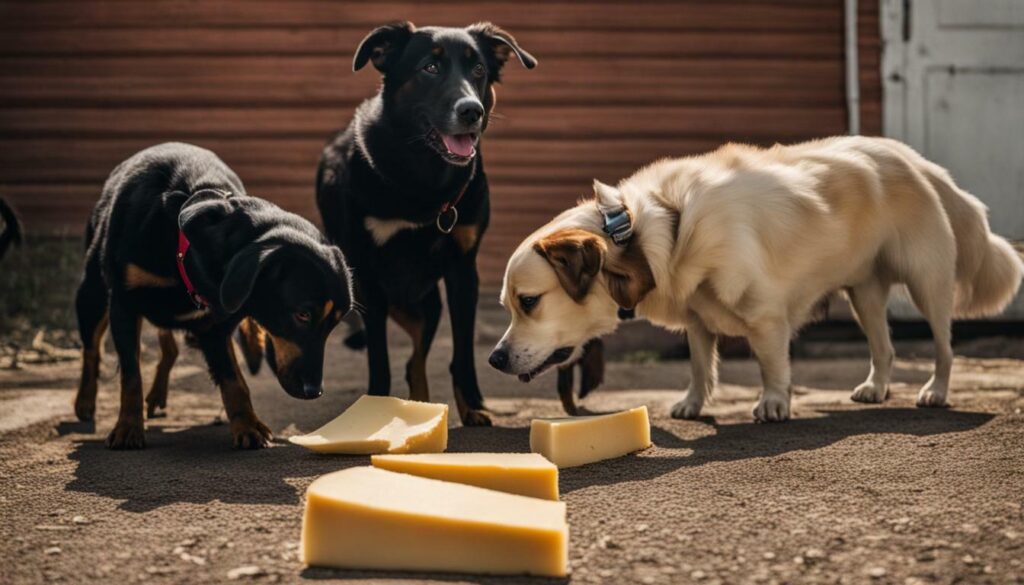
Considerations and Recommendations for Feeding Provolone Cheese to Dogs
Before feeding your furry friend any provolone cheese, it’s essential to consider several factors, including the dog’s size, breed, and overall health, to ensure their well-being. While provolone cheese can be a tasty treat for dogs, it should only be given in moderation and as part of a balanced diet.
Provolone cheese contains calcium, which is important for maintaining strong bones and teeth in dogs. It also provides essential vitamins and minerals, as well as fatty acids that contribute to healthy skin and hair. However, it’s crucial to be aware of the potential risks associated with cheese consumption, particularly for dogs with lactose intolerance or those prone to digestive issues.
Excessive consumption of provolone cheese can lead to digestive problems such as diarrhea and upset stomach. It can also increase the risk of pancreatitis, a condition characterized by inflammation of the pancreas. Therefore, it’s best to avoid giving provolone cheese to dogs with lactose intolerance or a history of gastrointestinal issues.
| Cheese Type | Lactose Content (per 100g) | Recommended for Dogs? |
|---|---|---|
| Provolone Cheese | 0.4g | Yes, in moderation |
| Mozzarella Cheese | 2.2g | Yes, in moderation |
| Cheddar Cheese | 0.7g | Yes, in moderation |
| Swiss Cheese | 1.3g | Yes, in moderation |
If you decide to introduce provolone cheese to your dog’s diet, it’s crucial to do so gradually and in small quantities. Monitor your dog for any adverse reactions or changes in their overall health. If you have any concerns or questions, it’s always best to consult with a veterinarian before making any dietary changes.
Remember, provolone cheese should not comprise more than 10% of your dog’s daily calorie intake. This is particularly important for dogs who are overweight or prone to weight gain.
Always prioritize your dog’s health and well-being when considering any treat, including provolone cheese. Your furry friend’s diet should consist mainly of high-quality dog food that meets their nutritional needs.
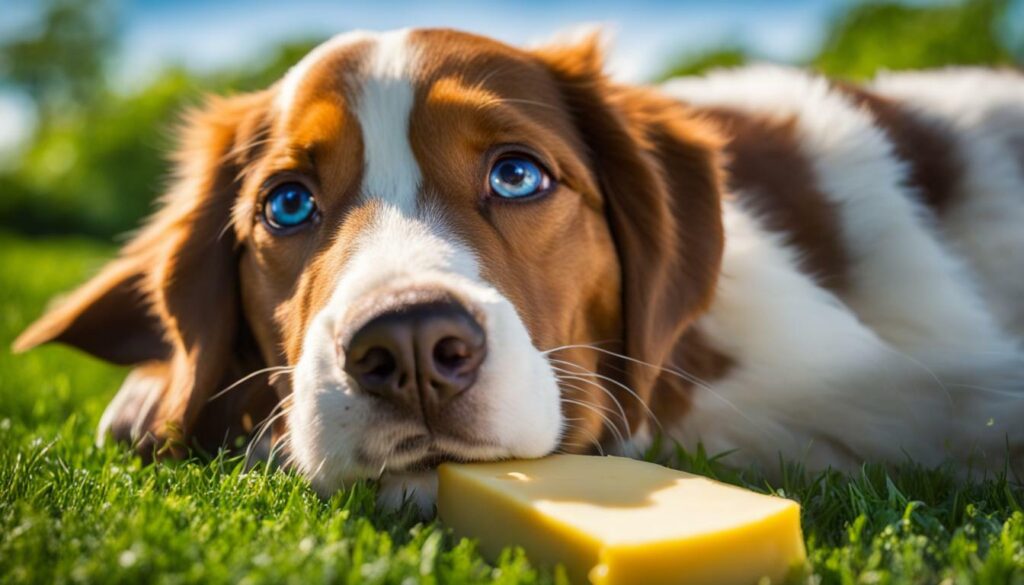
While provolone cheese can be enjoyed by dogs in moderation, it is crucial to prioritize their health and consult with a veterinarian before making it a regular part of their diet.
Provolone cheese, like other types of cheese, can provide dogs with essential vitamins, minerals, and fatty acids. It is low in lactose and carbohydrates, making it suitable for dogs with lactose intolerance or dietary restrictions. Additionally, provolone cheese can be used as a pill pocket to administer medication to dogs, making it a convenient option for pet owners.
However, it is important to note that provolone cheese is high in calories and fat. Excessive consumption of provolone cheese can lead to digestive problems and pancreatitis in dogs.
Therefore, it is essential to feed provolone cheese in moderation and monitor the dog’s overall health and weight. If a dog has never eaten provolone cheese before, it is best to introduce it gradually and observe any adverse reactions.
While provolone cheese can be a tasty treat for dogs, there are other types of cheese that are safe for them to consume. Cheddar, mozzarella, and Swiss cheese are examples of dog-friendly cheese options. These cheeses also provide nutritional benefits and can be incorporated into a balanced doggie diet.
To ensure the well-being of your furry friend, it is always recommended to consult with a veterinarian before introducing provolone cheese or any other dairy product to a dog’s diet. The veterinarian can assess your dog’s specific dietary needs, address any concerns, and provide tailored advice on the appropriate amount and frequency of cheese consumption for your dog.
FAQ
1. Is it safe for dogs to eat provolone cheese?
Yes, dogs can safely eat provolone cheese in moderation.
2. What is provolone cheese?
Provolone cheese is a semi-hard Italian cheese that can be mild or sharp in flavor. It is commonly used in sandwiches and cooking.
3. Can dogs eat any type of cheese?
Dogs can eat certain types of cheese like provolone, but other types like blue cheese or those with added ingredients may be harmful to them. It’s important to check the type of cheese and any potential additives before feeding it to your dog.
4. Is lactose content in provolone cheese a concern for dogs?
Provolone cheese contains low levels of lactose, making it more digestible for dogs compared to other dairy products. However, if your dog has lactose intolerance, even small amounts of lactose can cause digestive issues.
5. What are the risks of feeding provolone cheese to dogs?
Feeding large amounts of provolone cheese to dogs can cause weight gain, digestive upset, and even pancreatitis due to its high fat content. It is best to offer provolone cheese as an occasional treat and in small quantities.
6. Can dogs with lactose intolerance eat provolone cheese?
Dogs with lactose intolerance may have difficulty digesting any amount of lactose, including the small amount present in provolone cheese. It is advisable to avoid giving provolone cheese to lactose intolerant dogs to prevent diarrhea and other digestive issues.
7. How much provolone cheese can I safely give to my dog?
It is recommended to give small quantities of provolone cheese to your dog. One or two small cubes or a thin slice a couple of times a week can be given as a treat, while monitoring for any adverse effects.
8. Can provolone cheese provide any health benefits to dogs?
Provolone cheese can be a source of protein and calcium for dogs. It also contains fatty acids that may contribute to a healthy coat and skin. However, it’s important to remember that moderation is key, and provolone cheese should not be a substitute for a balanced and complete dog diet.
9. Are there any alternatives to provolone cheese for dogs?
If you are looking for other cheese options for
Yes, dogs can consume provolone cheese in moderation.
Is provolone cheese low in lactose?
Provolone cheese is low in lactose, making it easier for dogs with lactose intolerance to digest.
What are the risks of feeding dogs too much provolone cheese?
Excessive consumption of provolone cheese can lead to digestive problems and pancreatitis in dogs.
Can provolone cheese be used as a pill pocket for medication?
Yes, provolone cheese can be used as a pill pocket to administer medication to dogs.
What other types of cheese are safe for dogs?
Other types of cheese that are safe for dogs include cheddar, mozzarella, and Swiss cheese.
Should I consult a veterinarian before giving my dog provolone cheese?
It is recommended to consult with a veterinarian before introducing provolone cheese or any other dairy product to a dog’s diet.
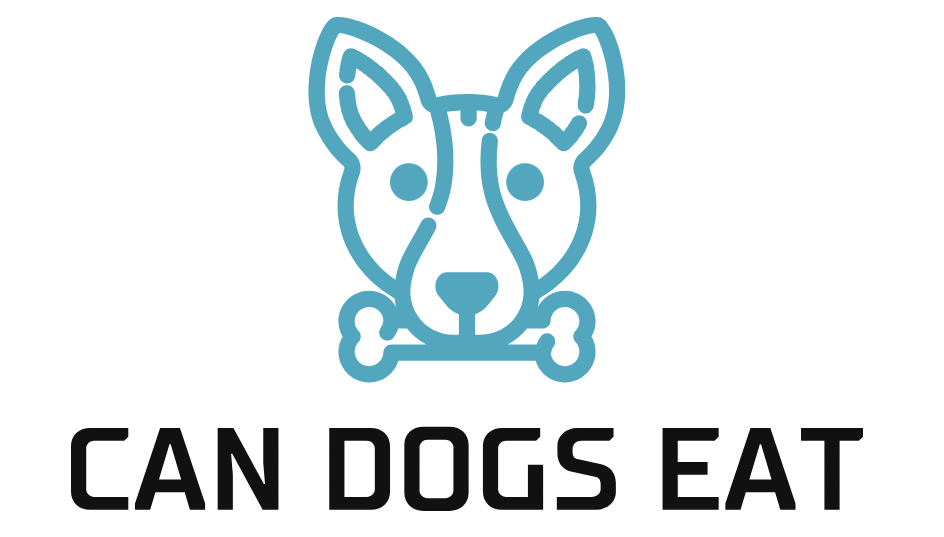
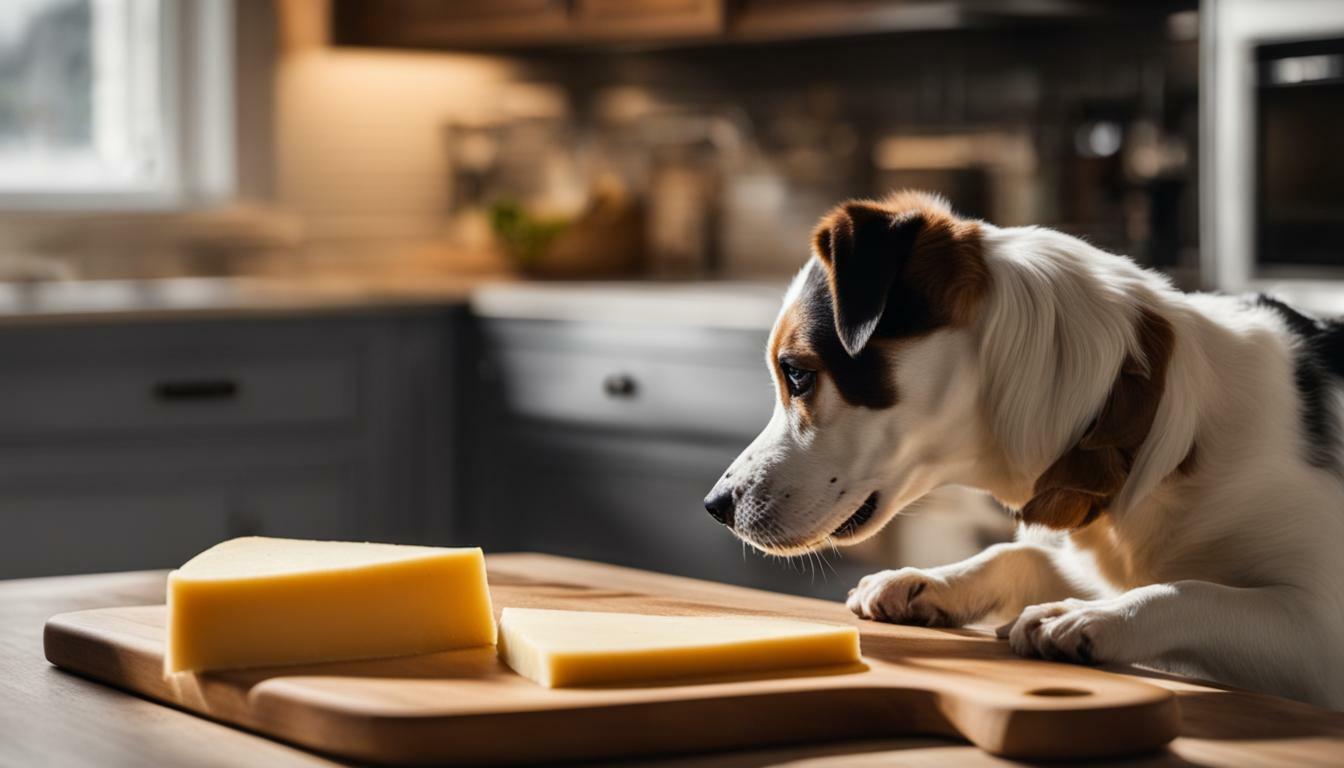
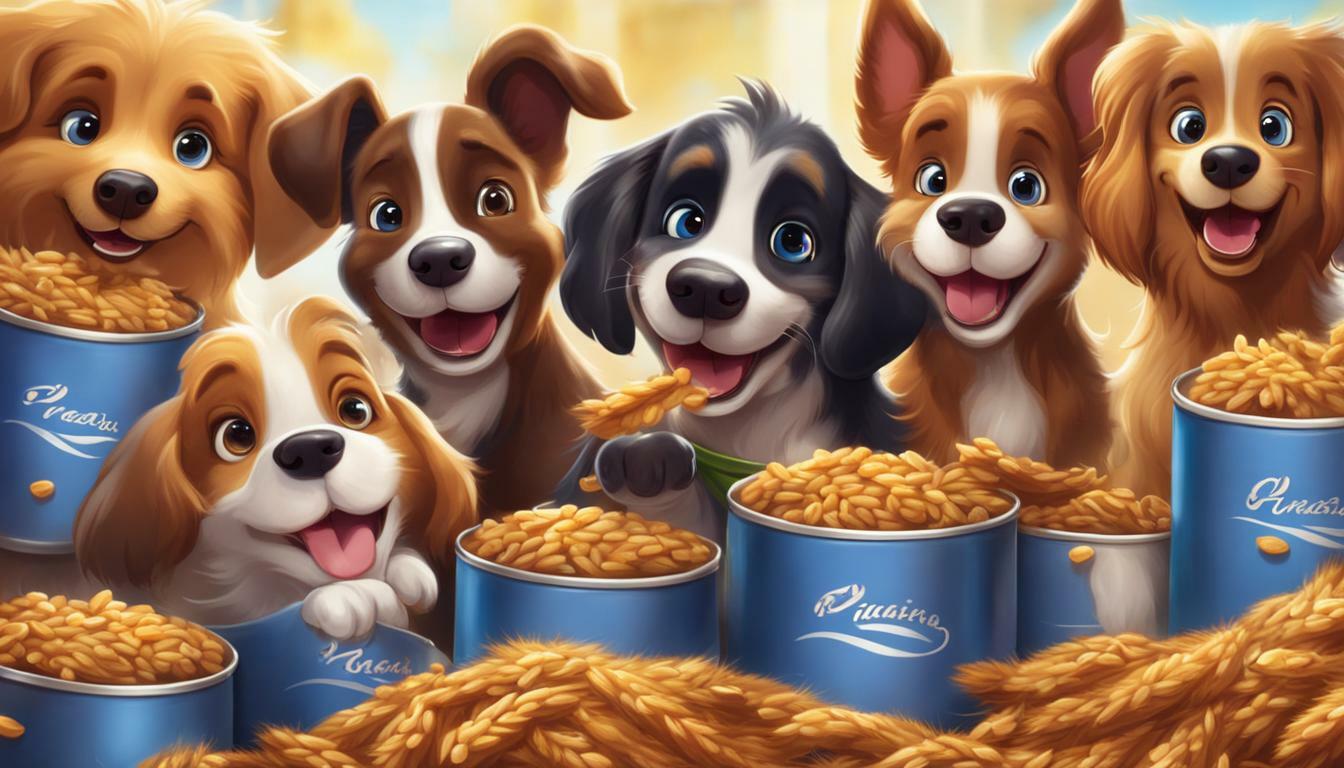
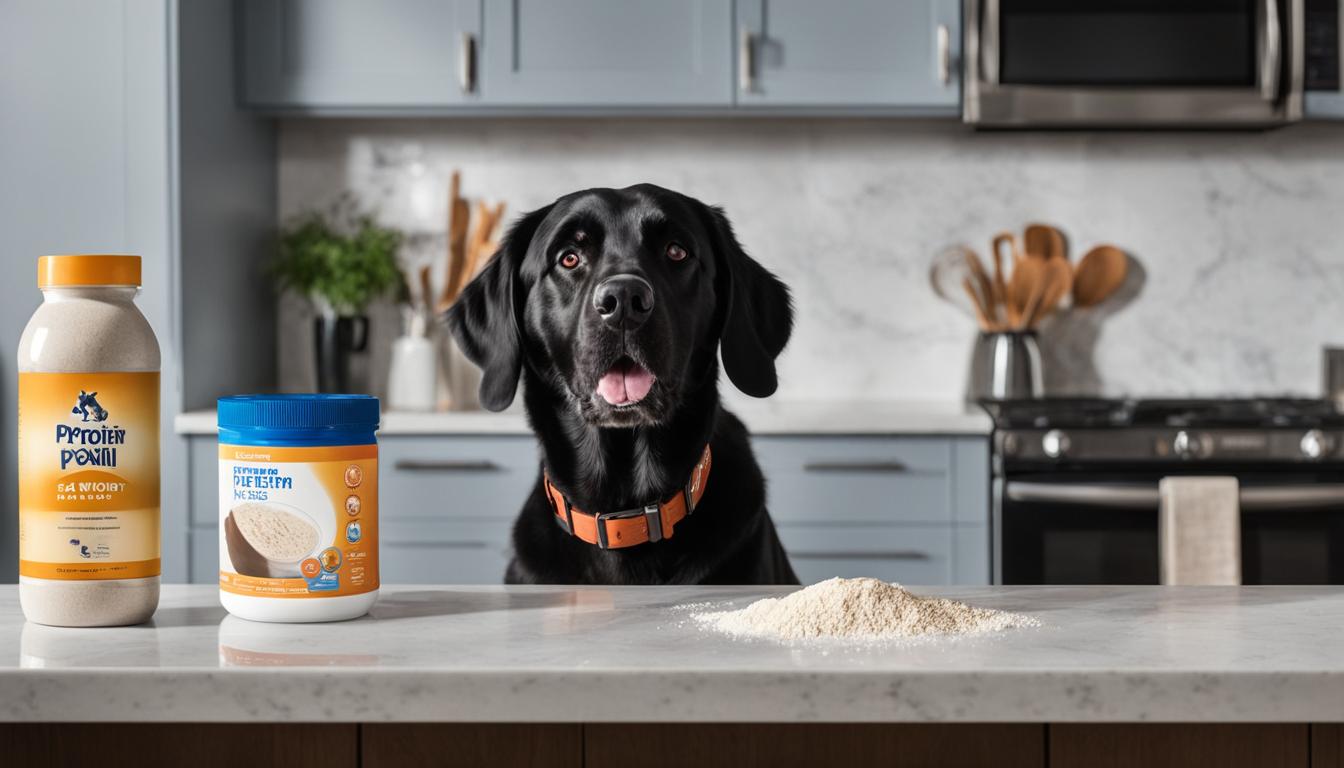
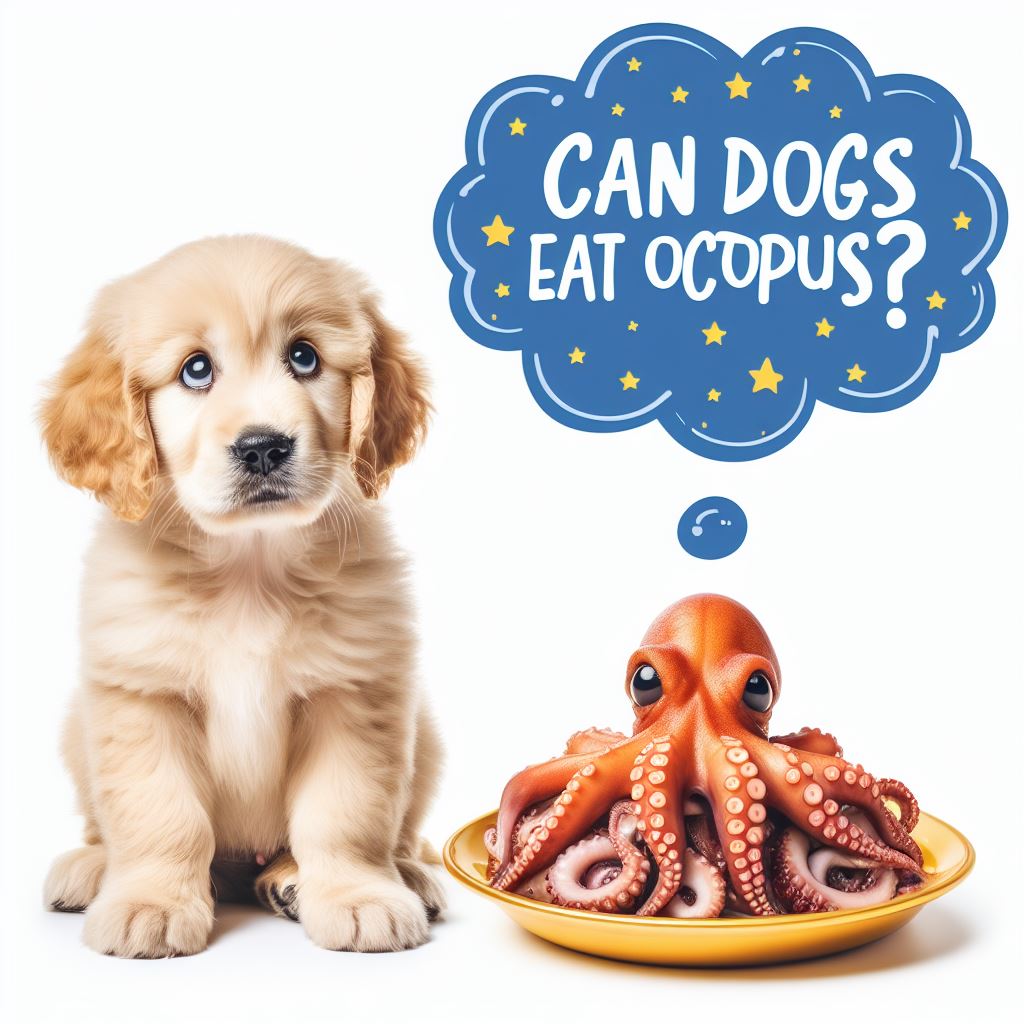
Leave a Reply